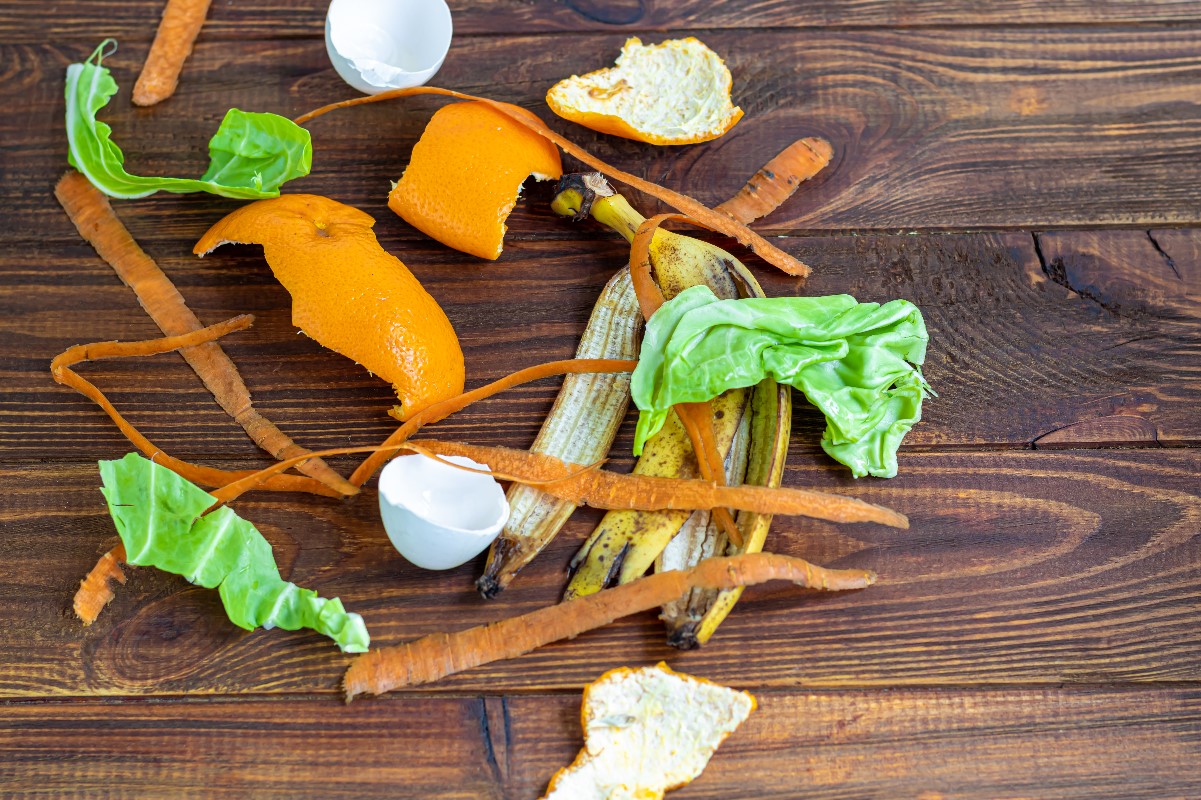
Growing our own vegetables naturally and organically is an important and responsible activity. For our crops to be of good quality, they need proper care. One of them is a proper fertilizer for vegetables
The great advantage of using natural fertilizers is that the chemicals contained in industrial fertilizers do not penetrate into the vegetables. Thus, our crops are healthier. In the following list we will tell you how you can fertilize your vegetable garden, so that the grown plants were good and tasty
The use of manure as a natural fertilizer in agriculture and horticulture has been known for a very long time. Its composition is rich in nutrients needed by plants. It is also great for soil quality, structure and properties. Ground, which is too heavy and compacted under the influence of manure gains lightness, so that plant roots can more easily develop in it and take up necessary minerals and water. Gardeners apply manure in the autumn when they are preparing their garden for the next season. In order to achieve the desired effect, 100-150 kg of manure should be applied to a 20 m² area. Dig the manure into the soil so that the natural fertilizer penetrates the soil faster.
People who have a vegetable garden should not throw banana peels in the garbage. Bananas, and therefore their peels, are very high in potassium, phosphorus, as well as magnesium, calcium or sulfur. You can bury the peels directly into the soil before planting your plants, or you can prepare your own natural fertilizer based on the banana peelings. To prepare the extract you will need a liter jar, warm water and of course banana peels. Seal the mixture in the jar and set it aside for 1-2 days in a darkened place. After this time, add water to dilute the fertilizer, and you can water your plants and vegetables with it. Natural fertilizer from banana peels is highly recommended for growing tomatoes
Calcium is an important element when growing plants and gardening. It influences the acidity of the soil, which thanks to it changes its reaction to more alkaline. It also makes it easier for plants to take up nutrients from the soil. Lime can be purchased at any gardening store, but if you want to use up leftovers and are committed to zero waste, you can provide it to your crops in other ways. A great way to naturally fertilize your vegetables is to use egg shells. Simply dry the shells in the sun or in a slightly ajar oven, then grind them in a grinder to a fine powder. Once a month you should sprinkle this fertilizer on the ground around your crops. You can also prepare a liquid fertilizer for watering by simply pouring water over the shells and setting them aside in a cool, dark place for a few days
Anyone who has a garden and planted grass – should mow it in spring and summer, and in autumn rake the leaves. The waste thus obtained will be great for creating natural fertilizer for plants. Mowed grass littered around lightly grown plants is a great blockade against weeds. It also has a positive effect on the crops themselves as it is a rich source of nitrogen
If you have nettle growing on your plot, that’s great, because you can use it to prepare a natural manure. The recipe is very simple. Just put the stems of young nettle (you need to pick it before it blooms) in a plastic bucket or barrel and pour water in a ratio of 1 kg of nettle to 10 kg of water. Cover the extract prepared this way with gauze to hinder the flow of oxygen and leave it for about 20 days. However, you can not completely forget about the prepared concoction, because you need to stir it every day. A sign that the slurry is ready – is a change of color of the water to dark. It is ideal for watering tomatoes, cucumbers, cabbage. Not a very good idea to use fertilizer from nettle to water onions, garlic or beans
Some vegetables and fruits prefer acidic soil. For this purpose, we can make a great fertilizer from our morning beverage, coffee. Tomatoes, strawberries or blueberries like to grow in soil with an acidic pH. You can use coffee grounds directly near your plants or dry them and use them as mulch for planting crops. Coffee leftovers should not be the only fertilizer we use in caring for our vegetable garden, as they are not rich in nutrients and minerals